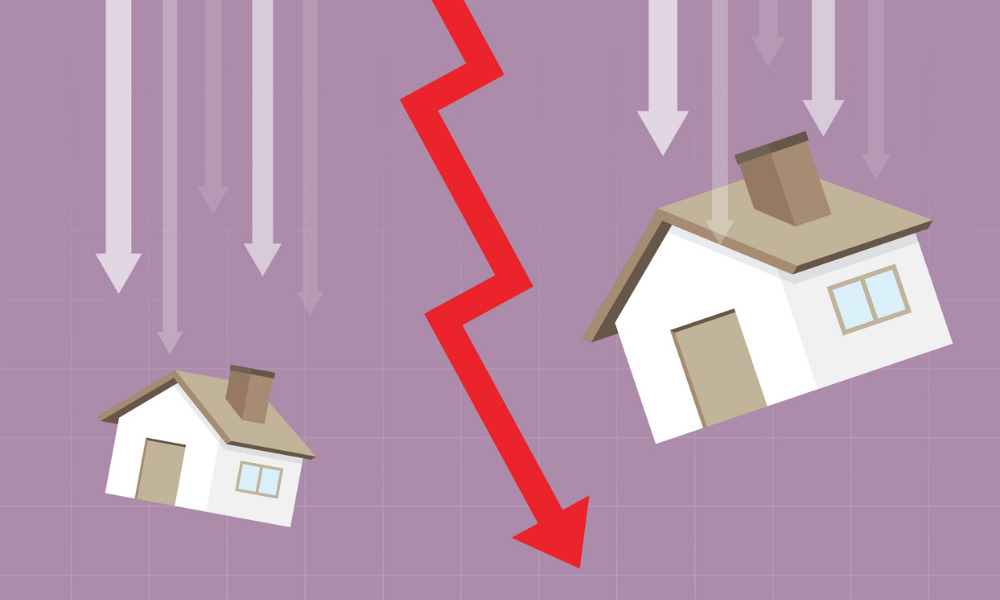The money and property markets are raising red flags

Commercial property owners will soon be dealing with soaring borrowing costs and a recession that could depress prices by 20%, studies reveal.
The sudden end to years of loose monetary policy – which allowed property prices to soar while keeping the cost of debt low – has hit developed economies. In the UK, bloated mortgage costs and five-year UK swap rates have impacted the country’s US$1.6 trillion commercial property sector. Prices could slump by a fifth by the end of 2024, Goldman Sachs analysts said.
Rising borrowing rates – a fundamental cost for commercial property occupiers and investors – had already hit commercial property prices, Kroll managing director for real estate advisory group James Liddiment said.
September then saw the steepest (2.6%) monthly decline in property value since Brexit, according to MSCI’s monthly property tracker.
Leading property development companies like Land Securities, British Land, and Hammerson have already pushed refinancing plans beyond an expected mid-2023 peak in BoE’s benchmark rate, Reuters reported. Even with this initiative, they would have to face the pressure of rising labour, fuel, and commodity expenses on their struggling tenants.
Read more: Cost-of-living crisis still major concern despite government intervention
Banks are on the lookout for breaches in loan terms, Reuters reported. If bank loan terms were breached – whether in relation to an asset’s rental income compared to the debt secured on it, or its market value – investors would have to refinance earlier than planned and at higher rates.
Goldman Sachs analysts predicted gross finance costs for some listed UK real estate firms to rise by 75% over the next five years.
Read more: Will there be a rise in the number of forced sales and repossessions?
Worries about financing costs follow mounting concern over rents for REITs, as the pandemic slashed the demand for space. Office occupancy rates fell from the pre-pandemic average of 80% to 30% in recent weeks, Remit Consulting found. Data from Springboard likewise showed a 15% decrease in footfall at retail destinations compared to 2019.
In central London, let office space fell by 14% below the 10-year quarterly average. The trend is likely to continue as occupiers find more and more ways to cut costs and energy consumption. HSBC recently announced it was cutting its office space globally by 40% from 2019 levels, Reuters said, while Marks and Spencer sped up plans to shut 67 of its stores over five years – to the detriment of its landlords and nearby businesses.
The stock market has raised another red flag over UK commercial property, with an index of 15 UK REITs down 44% in 2022 compared with a 9.8% fall in the wider FTSE 350.



